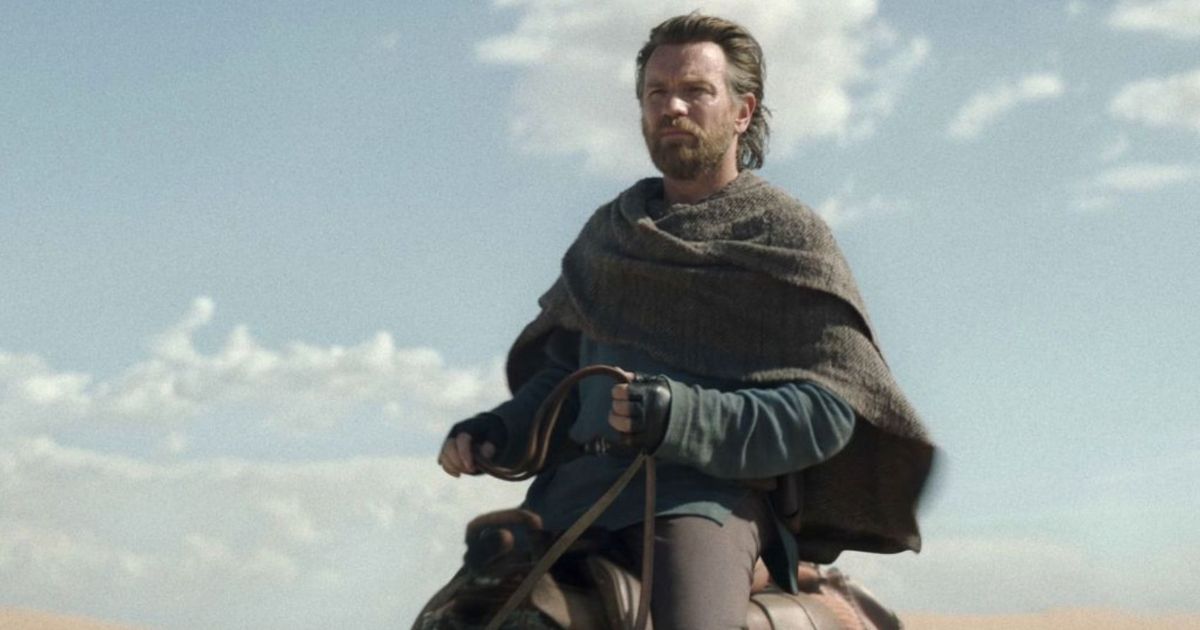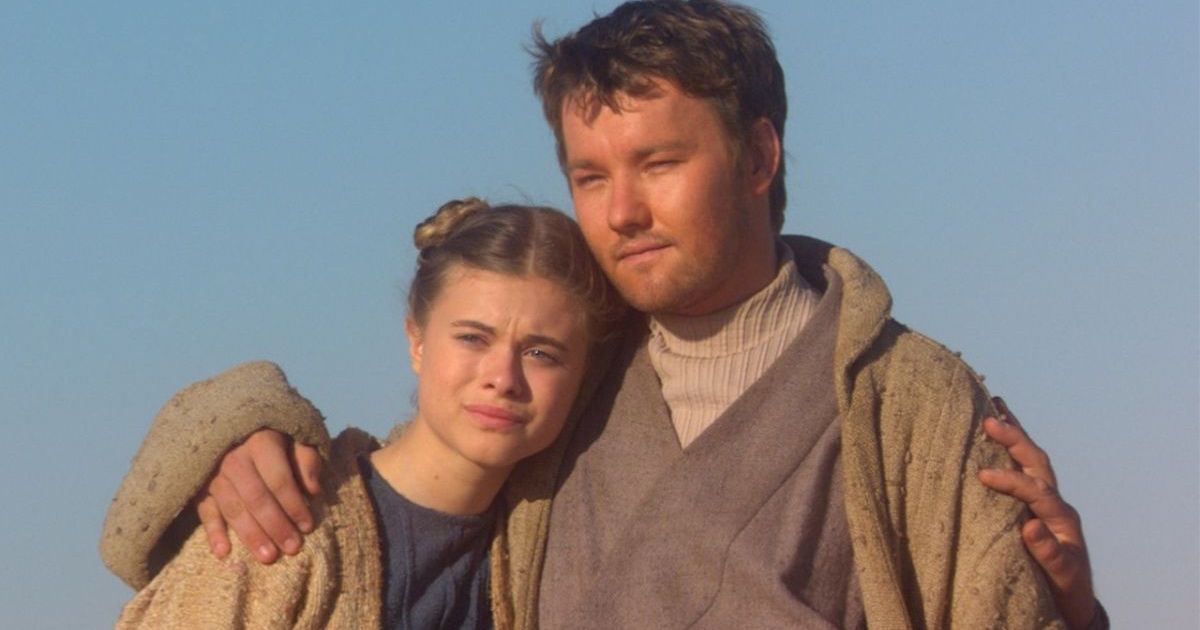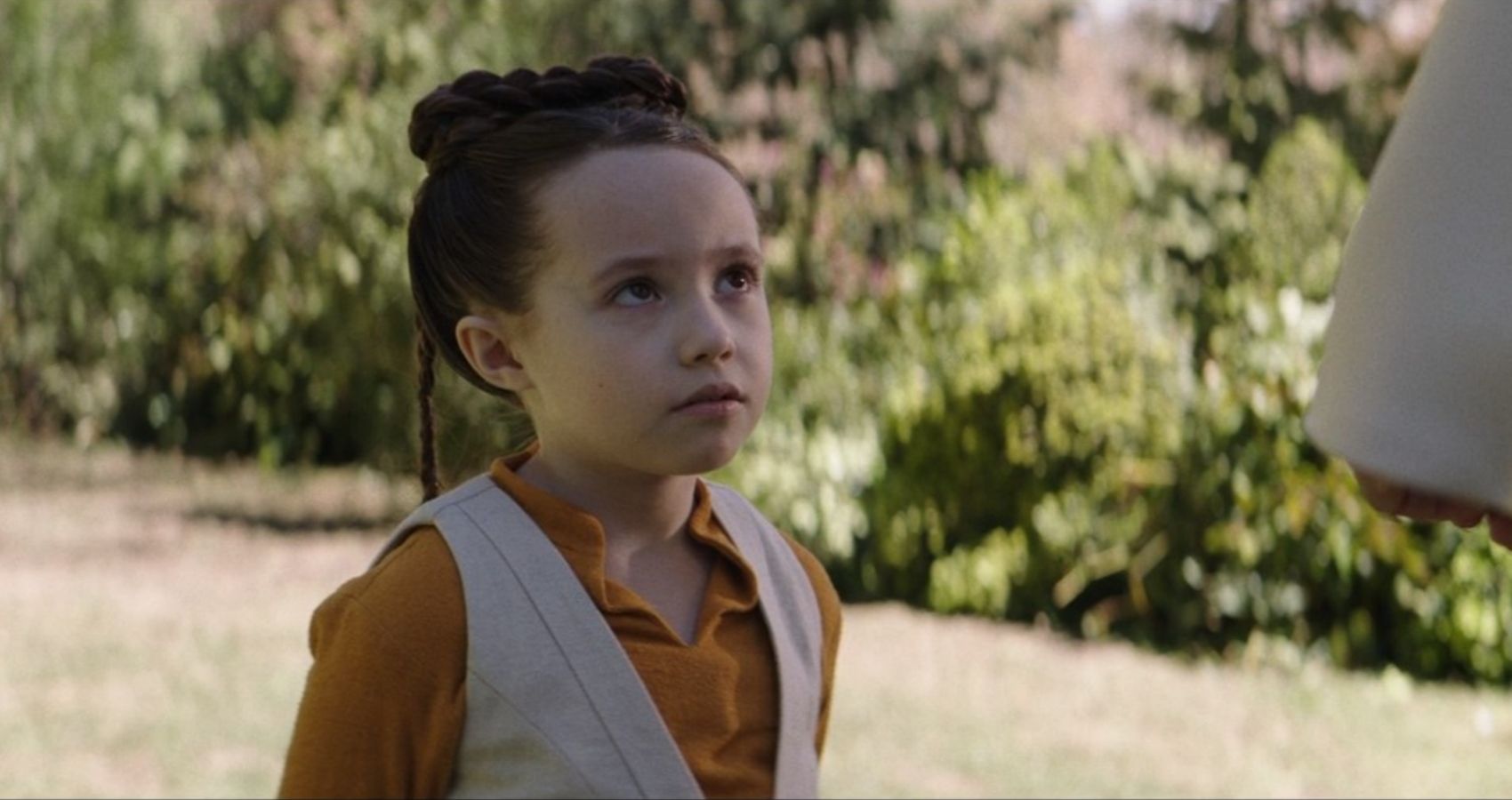Obi-Wan Kenobi has his own series on Disney+ and, like any Star Wars production, fans are excited but apprehensive. Since the original trilogy, the franchise has not had a good track record for movies. The prequels were a complete failure in the eyes of fans, and the sequel episodes weren’t that much better. But there is always hope. Ever since John Favreau dipped his fingers into the Star Wars IP, both of his series (The Mandalorian and The Book of Boba Fett) have done very well, and it seems like most properties are fairly well received.
But still, in a project carrying a character that is so near and dear to our hearts, fans are bound to worry. Even Ewan McGregor is worried about escaping the horrible reputation that the prequels managed to get. While the show has a high mountain to climb if it wants to overcome such a terrible history, it isn’t impossible, but of course, it starts from a difficult position. The series itself is in capable hands that have demonstrated taking a practical approach to world-building and questions of how the story progressed from the prequels.
Quite simply, most of the challenges Obi-Wan Kenobi will face will come in its writing.
Star Wars' Cultural Weight
More than anything, the prequel trilogy acts as a weight on any Star Wars production created after them. Due to how excited everyone was to see them when they were released, then the terrible betrayal they felt after they left the theaters, Star Wars will be hard-pressed to earn back the trust of any fans. The franchise will have to do it with each individual title it produces. That apprehension will be its first challenge.
But the next challenge is the biggest, and it’s the thing that everyone is apprehensive about. The problem with the prequels didn’t come from the acting, costumes, or special effects. It came from the writing. When George Lucas said he wanted to make these movies, he was given 100% control of what happened in the story. And, of course, why shouldn’t be in control? He was the one that brought us these amazing movies in the first place. But what resulted in this unchecked authority was a lot of poor decisions in writing; the trade federation wanted all trade to stop, and Padme and Anakin had nothing in common to create a romance. So, as with the other projects in the Star Wars universe, they had to be compelling for their individual reasons, not just rely on a great story.
Obi-Wan Kenobi seems to have begun in this direction, perhaps spending an entire episode on exposition to establish the world they live in and set up the events that will lead to the story the series will tell. In the first two episodes, that writing doesn’t seem as bad as the prequels, but it hasn’t made up for them either. Projects like The Mandalorian, while having the added benefit of starting with some distance between themselves and the prequels, were able to suspend our disbelief and draw us into the story quite quickly. Though this expository episode might have been necessary, Obi-Wan Kenobi created that feeling of a person telling you a story and, without even starting it, tells you to wait and explains a lot of meaningless things you could have found out from listening to the story anyway.
What Obi-Wan Kenobi Needs to Succeed
Aside from the difficulties the show will face in writing, a good cast and production crew are necessary, which it definitely has. Disney is not a company to skimp on funding, especially for anything that happens inside the Star Wars canon. And the project draws a lot of the cast from the prequels back to act in this same setting. Not just Ewan McGregor as Obi-Wan, but Hayden Christensen as Anakin/Vader, Joel Edgerton as Owen Lars, Temuera Morrison as someone, even if he isn’t Boba Fett, then a clone trooper.
So it seems that despite the fan’s poor opinion of the movies, they do plan to ground themselves in them. And at this point, they’re forced to. The series is based directly on the events that happened at the end of Revenge of the Sith, and it’s better for the production to see this unafraid than to try and avoid the movie.
The show also has a capable staff. Director Deborah Chow has experience working on The Mandalorian and several Marvel extended universe projects. Hossein Amini wrote Drive and 47 Ronin. Stuart Beattie helped write the Pirates of the Caribbean movies. And Andrew Stanton wrote Finding Nemo, Wall-E, and Toy Story. So those working on the series have several big projects under their belt, which is always a good sign. But the auspices remain mixed.
Despite the actors, writers, and directors, the actual show still has work to do before it can convince us that it will be a good prequel. While it might’ve been a good decision to release these two parts at once, because of how expository the first one was, the story wasn’t introduced until the second part. So they are already -1 episode in a 6-episode series. Whatever problems they may face going forward, a story with Young Leia is very compelling, and, hopefully, it will be worth watching.



